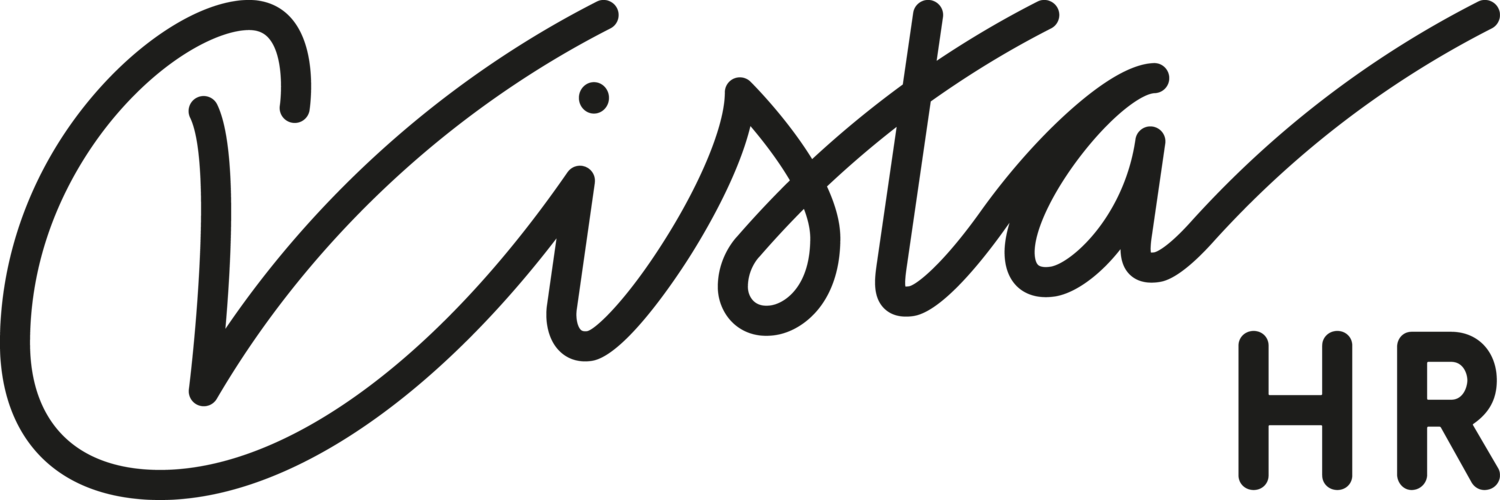It is the night before your first day of work at your new workplace the next day. You are going to sleep with much anticipation, and you figure whether on is there anything you have not yet prepared.
These are the things you should have done before starting work the next day.
WEAR SOMETHING YOU ARE CONFIDENT IN
You do not have to go on a shopping frenzy and purchase a new outfit to feel good the very next day. That is not the correct approach. You are going to be overwhelmed with many new things the very next day so what you need to have is something you are comfortable, yet confident in.
You would not want to wear new shoes, and limp because of the blisters on your second day. Prepare this chosen special outfit the night before so you would not be rushing off the next morning.
DO NOT PACK YOUR LUNCH
Your first day of work is likely going to be you meeting your new colleagues for the very first time. This lunch is crucial, and you would not want to be a wet blanket by informing your new colleagues that you have already packed lunch and you would give socializing with them a miss. It either shows to them you have no interest in knowing them, or you are sitting in a high and mighty place.
THINK ABOUT YOUR CONVERSATION STARTERS
You should start considering what has been interesting in your life lately that you might want to share, or try to understand what do you think your colleagues would be interested in. Think of how to engage or have enjoyable conversation starters – whether is it your favourite drama, or recent happenings.
BE SUPER EARLY
When you are the first in office, you can see fresh faces who are coming into work. These are the people that you will likely going to be working with. It also gives a very good impression to your boss that you are ready to go beyond what is expected.
Imagine rushing to work on your very first day, and all your new colleagues would get to see you panic with a head full of perspiration. You should be totally calm on your first day of work to land the great impression.
REMEMBER WHY YOU ACCEPTED THE ROLE
To constantly remind yourself when the going got tough. Remember the steep learning curve ahead of you, and constantly remind yourself that everyone must start from somewhere. Scribble this down in your notebook on your first day of work and get ready for the ride!

